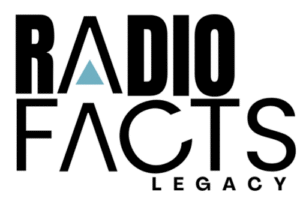Hughley is just too merch, too MERCH. D.L. Hughley is truly using his gift on the mic. We’re a little late on this but here it is. D.L. Hughley is actually going to church on the audience here and letting Pastor John Gray have it for saying he did the visit as God’s work. Hughley says How do you have an audience in front of the king (Trump) and not address children being deported, the unfairness of the judicial system etc. See video
A little Note From The GED Section: Another day another group of shoo booty ass preachersPosted by D.L. Hughley on Friday, August 3, 2018



